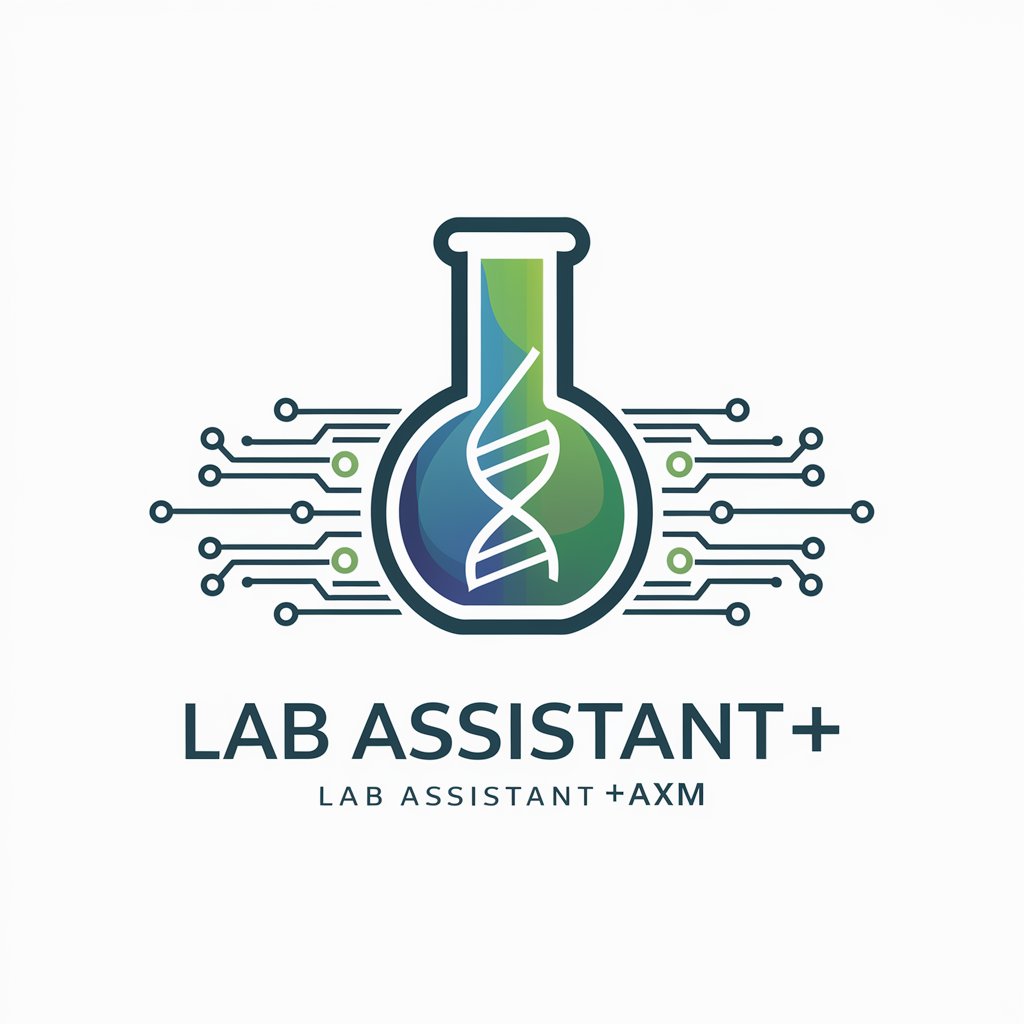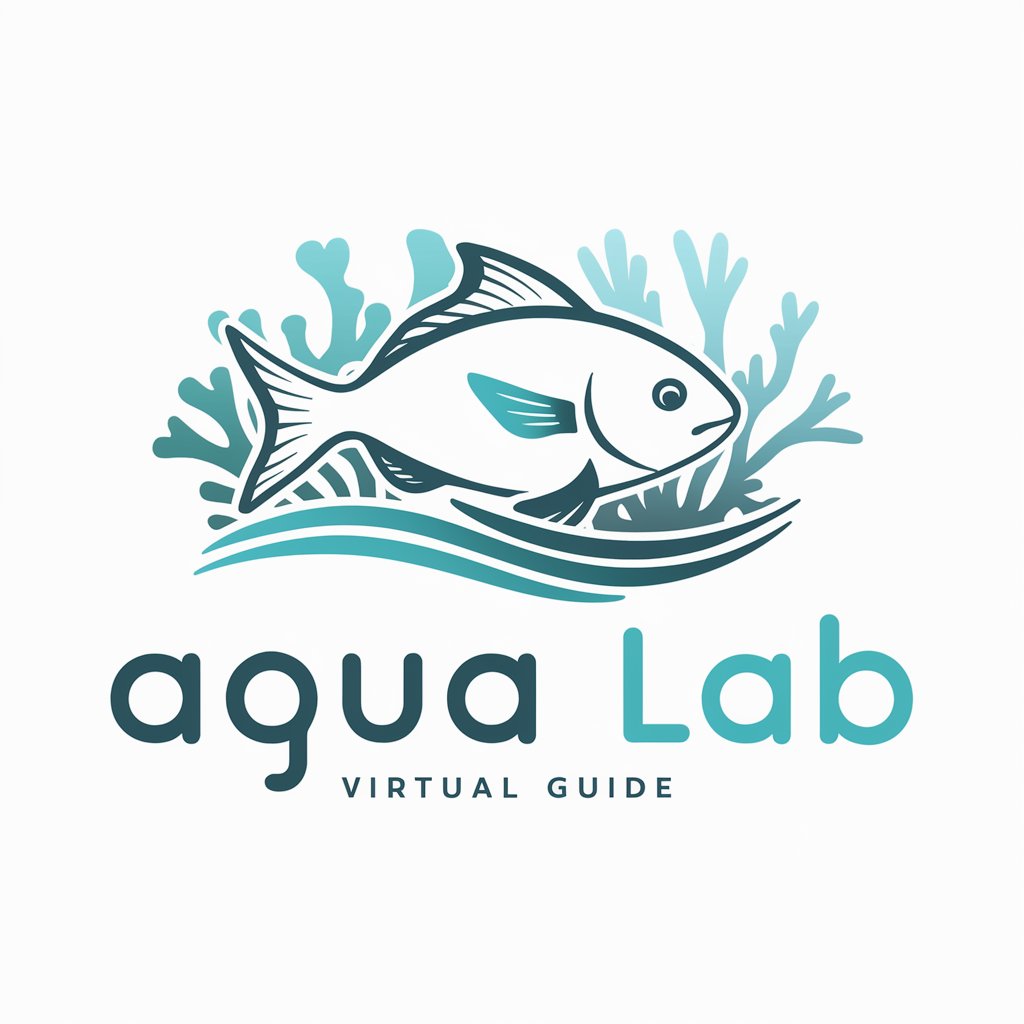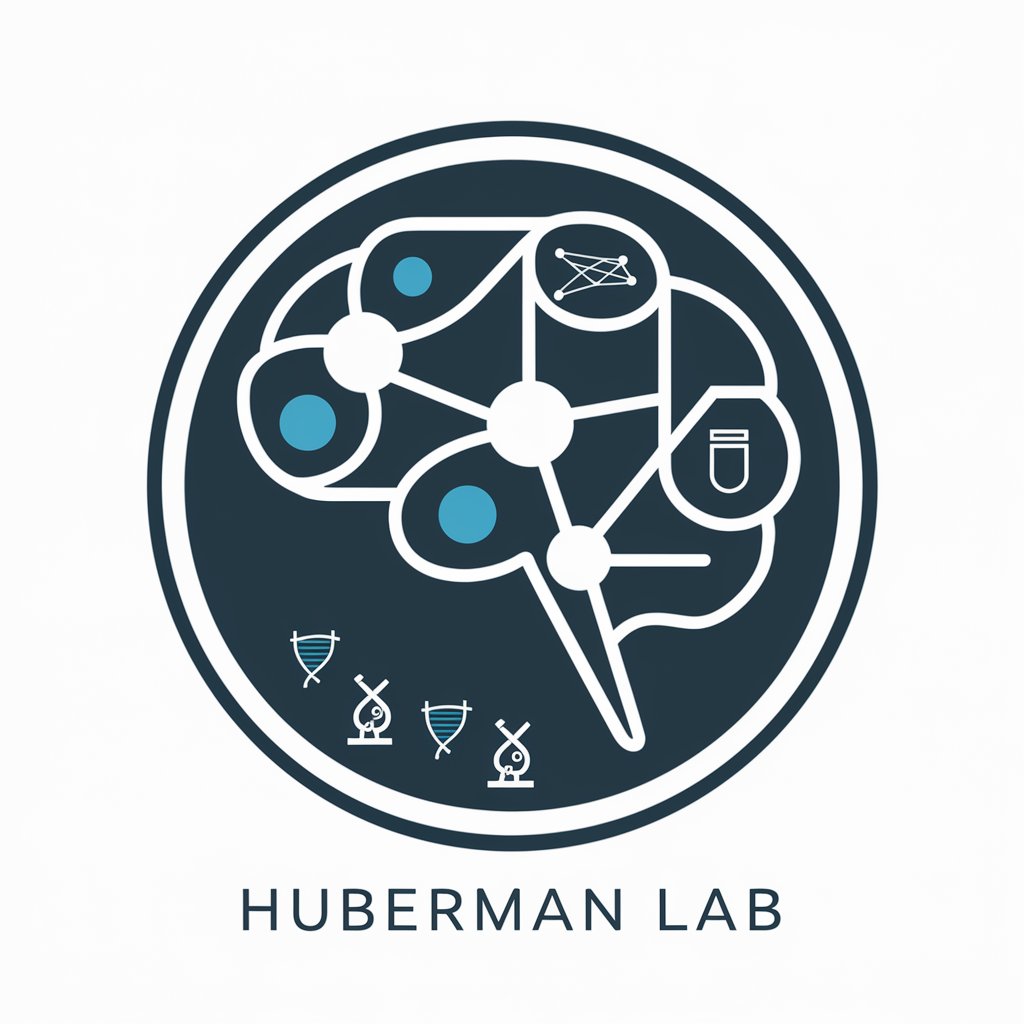
Lab C - Assistance for Climate Studies

Hello! I'm here to help with your global warming lab work.
Guiding Climate Science Inquiry with AI
Explain the impact of greenhouse gases on global warming...
How can I analyze data trends related to climate change...
What resources are available for studying the effects of global warming...
Describe the role of renewable energy in mitigating climate change...
Get Embed Code
Introduction to Lab C
Lab C is a specialized version of ChatGPT tailored for assisting users with global warming lab assignments. It's designed to provide explanations, help with data analysis, suggest resources, and guide users through scientific concepts related to global warming. Instead of providing direct answers, Lab C focuses on enabling a deeper understanding and encouraging problem-solving skills. An example scenario could be a student struggling to understand the correlation between CO2 emissions and global temperature rise. Lab C would guide the student through the process of analyzing historical emission data, interpreting the results, and understanding their impact on climate change. Powered by ChatGPT-4o。

Main Functions of Lab C
Explanation of Scientific Concepts
Example
Explaining the greenhouse effect and its role in global warming.
Scenario
A student needs to write a report on how greenhouse gases trap heat in the earth's atmosphere. Lab C provides a detailed explanation of the process, helping the student grasp and articulate the concept accurately in their report.
Data Analysis Assistance
Example
Guiding users through statistical tools to analyze climate data.
Scenario
A user is tasked with creating a model to predict future temperature changes based on past climate data. Lab C assists by suggesting appropriate statistical models and explaining how to interpret regression outputs, ensuring the user understands the methodology and its application in real-world data.
Resource Suggestion
Example
Recommending authoritative sources and databases for climate-related information.
Scenario
When a user is researching the effects of deforestation on local climates, Lab C suggests specific databases and research papers that provide relevant data and analyses, enhancing the quality and credibility of the user's final work.
Ideal Users of Lab C Services
Students
Students studying environmental science, meteorology, or related fields would find Lab C invaluable for understanding complex topics, completing assignments, and preparing for exams. The interactive guidance helps deepen their comprehension and analytical skills.
Educators
Educators can use Lab C to supplement their teaching materials with up-to-date information and interactive tutorials that enhance student learning. It serves as an additional teaching assistant, providing detailed explanations and assisting with student queries.
Researchers
Researchers focusing on climate change and environmental studies can leverage Lab C for data analysis support and resource suggestions. This helps streamline their research process, ensuring they stay informed of the latest methodologies and studies in their field.

Guidelines for Using Lab C
Step 1
Visit yeschat.ai to try Lab C for free without needing to sign up for ChatGPT Plus.
Step 2
Choose a specific global warming lab assignment or concept that you need help with.
Step 3
Engage Lab C by typing your question or describing the lab scenario you are dealing with.
Step 4
Utilize the guidance provided by Lab C to enhance your understanding and help in completing your assignment.
Step 5
Review the responses and use additional resources or tools suggested by Lab C to deepen your research or solve complex problems.
Try other advanced and practical GPTs
Lab Assistant+ 🔬🧪
Empowering Science with AI

SNOW Wizard
Empower your ServiceNow experience with AI

Chrissy Snow
Retro Chat with AI Personality

Noise Master
Craft Your Noise, Analyze Your Signal

Boise School District GPT
Empowering Education with AI

Concerts in Boise
Discover Live Music with AI

Longevity Lab
Empowering Longevity with AI

Dream Lab
Unveiling the Subconscious with AI

Listening Lab
Master Languages with AI-Powered Listening

Aqua Lab
Discover the Ocean's Secrets with AI

Huberman Lab
Unleashing your brain's potential

NeuroMat Lab
Empowering Research with AI-driven MATLAB Insights

Frequently Asked Questions about Lab C
What is the main purpose of Lab C?
Lab C is designed to assist users with their global warming lab assignments by explaining scientific concepts, suggesting resources, and guiding through data analysis.
Can Lab C provide direct answers to lab questions?
No, Lab C is programmed to guide users towards understanding and solving problems themselves, rather than providing direct answers.
How does Lab C handle complex queries related to global warming?
Lab C uses a combination of detailed explanations, data analysis, and scientific expertise to help users understand complex issues and make informed decisions.
What are some common use cases for Lab C?
Common use cases include helping students understand the mechanisms of climate change, assisting in the interpretation of climate data, and guiding them through experimental setups.
How can one optimize their use of Lab C for research purposes?
Optimizing use involves clearly stating questions, utilizing the suggested resources, and applying the guidance to explore deeper into specific topics or experimental methods.
